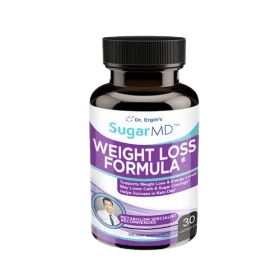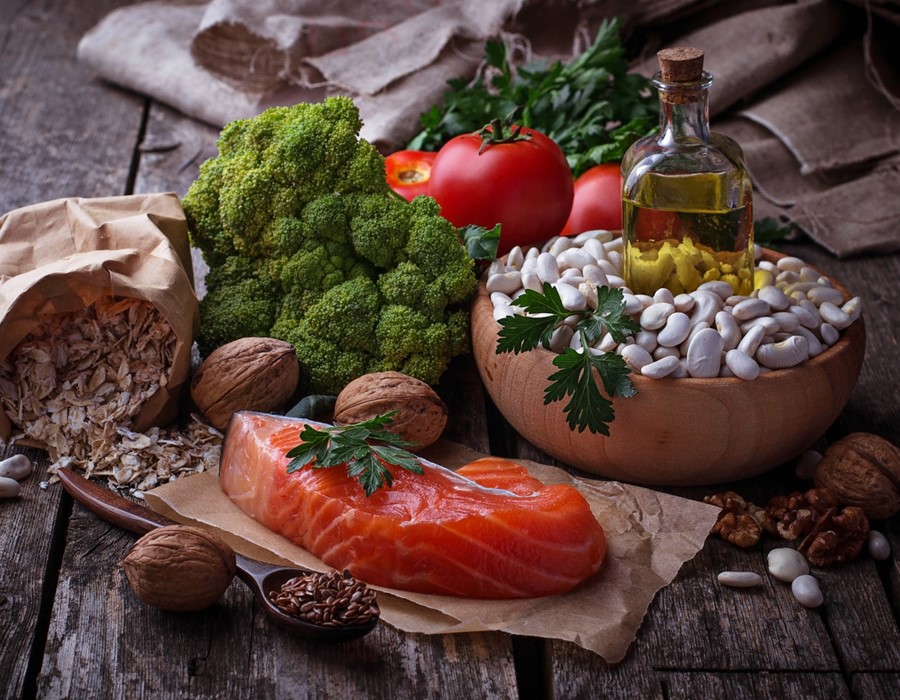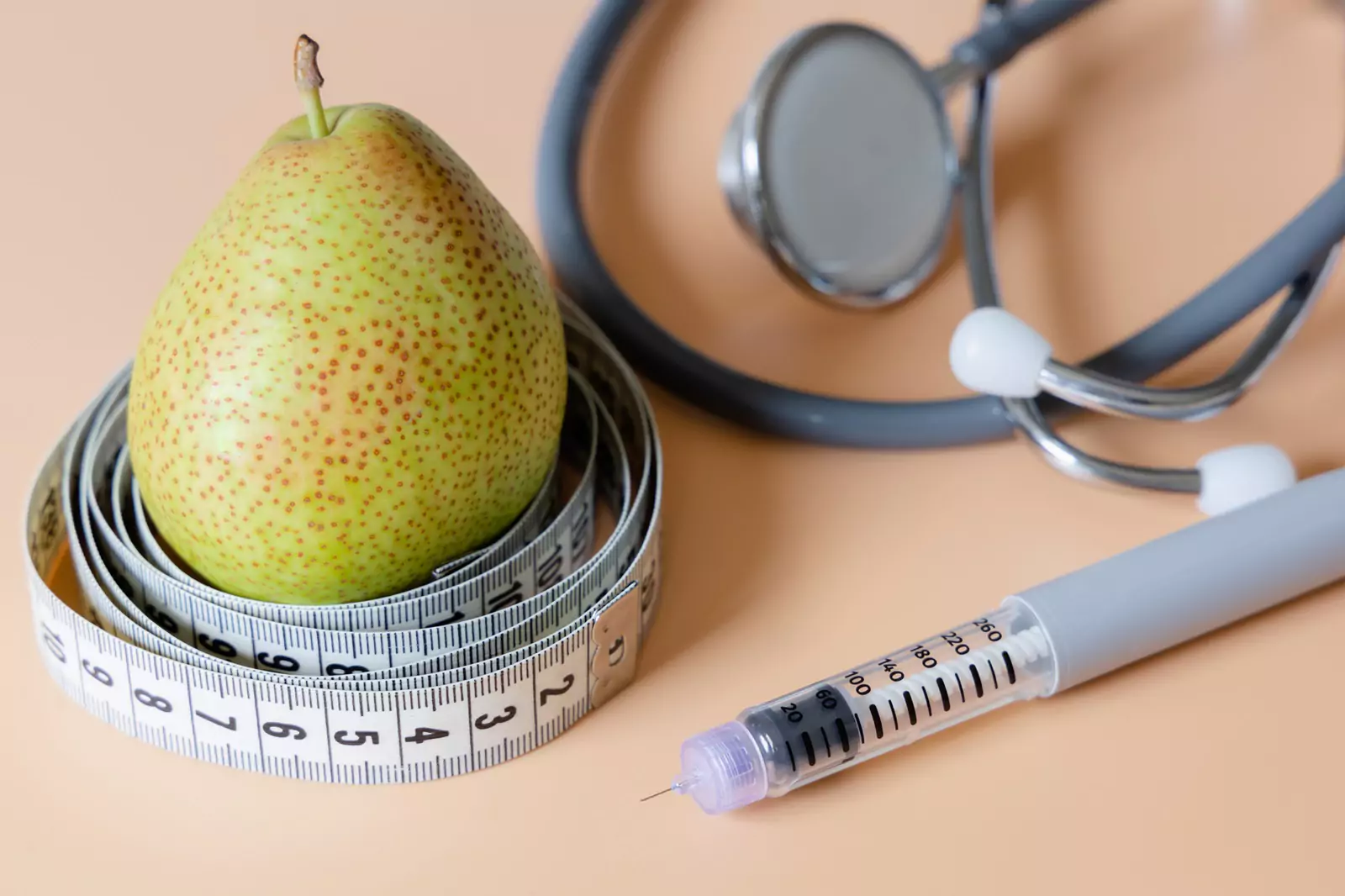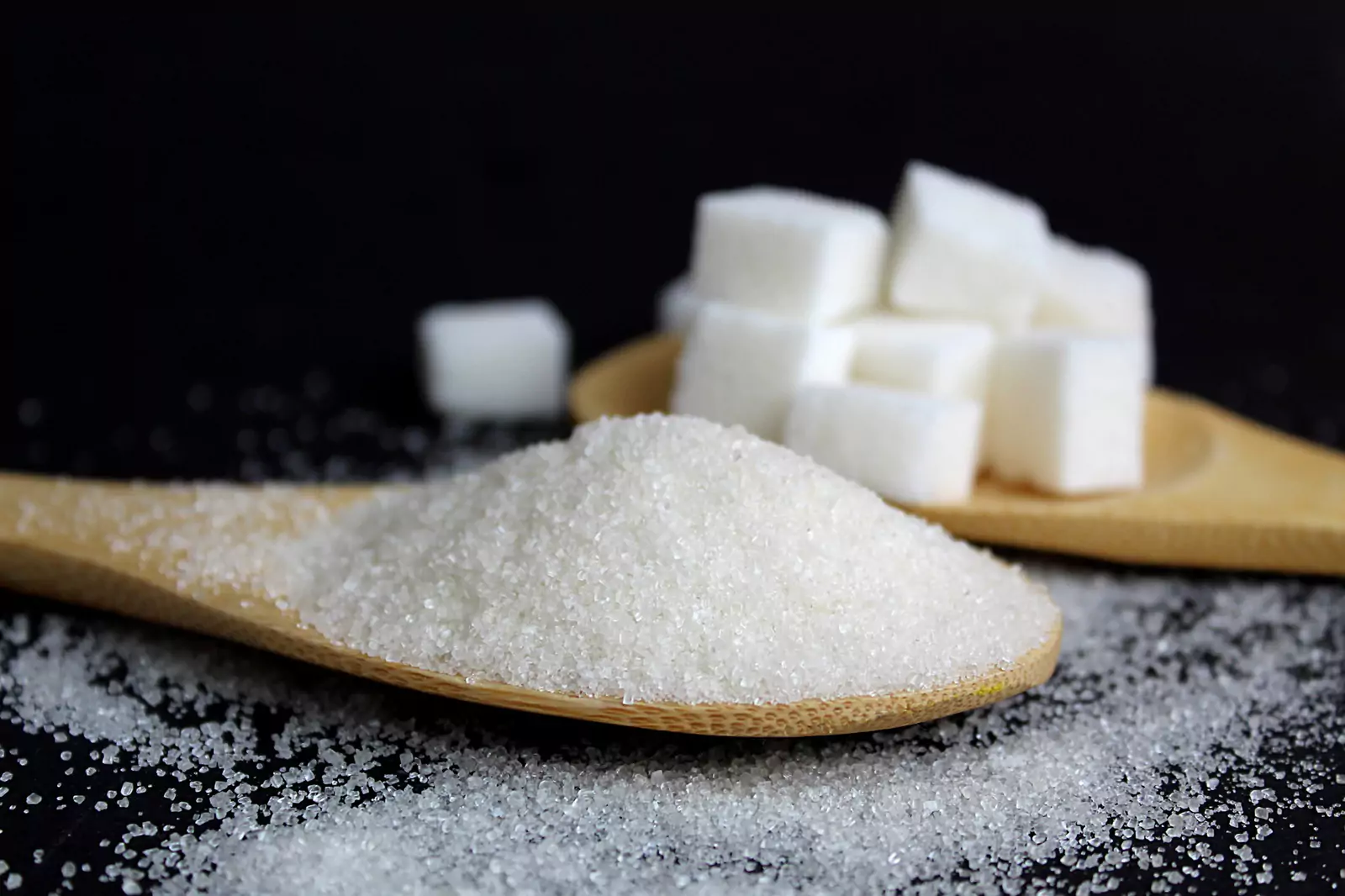
UP TO 40% OFF SITEWIDE






Foods to Avoid After 50 for Optimal Health and Longevity


As we age, our bodies are prone to certain diseases and conditions that can lower our quality of life. But did you know that our diet plays a major role in health and longevity? What you eat can have an enormous effect on your quality of life so it’s important to be mindful of the foods you put into your body as you get older.
In this article, we’ll discuss the foods to avoid after 50 and why we should be avoiding them. We’ll explore the connection between food and longevity and why it’s important to be mindful of our diets as we age. By the end of this article, you’ll have a better understanding of the foods to avoid after 50 for optimal health and longevity.
The Connection of Food with Longevity and Health
The connection of food with longevity and Health is clear: what we eat can promote (or hinder) our chances of living a long and healthy life. Eating a healthy diet and avoiding certain foods is essential for those over 50 as aging can increase the risk of certain health conditions. There are many different foods to avoid after 50 that can be detrimental to overall health and longevity.
Eating too much processed food can lead to higher risk of high cholesterol, coronary heart disease and coronary artery calcification, among other health issues. Additionally there can be a higher risk for cognitive decline and age-related conditions like Alzheimer’s and dementia. High sodium intake can also lead to more health conditions, including stroke, high blood pressure and kidney disease.
It’s important to focus on food quality and eating plenty of fresh, nutrient-dense foods, including vegetables, fruits, whole grains and proteins. Eating foods that are high in fiber, vitamins and minerals can help reduce the risk of chronic diseases as we age.
Additionally, it’s essential to be mindful of portion sizes and limiting the overall amount of food intake in a day. Overall there are many different foods that should be avoided by those over 50 for optimal health and longevity. Eating a healthy diet, full of fresh and nutrient-dense foods, is key to promoting longevity and reducing the risk of many age-related diseases. Additionally, avoiding processed foods, refined sugars, saturated fats and high sodium can be beneficial as well.
Why Should We Avoid Certain Food as We Age?
As we age, it's crucial to be mindful of our food choices as certain foods can increase the risk of health problems such as heart disease, type 2 diabetes and high blood pressure. Consuming a healthy diet becomes even more important as we grow older and experts recommend avoiding processed foods, particularly those high in sodium, saturated fats and added sugars.
Processed foods are often filled with empty calories, lacking in essential nutrients and can lead to weight gain which increases the risk of various health problems. Deli and processed meats should also be limited or avoided altogether as they have been linked to an increased risk of colorectal cancer. Many of these meats contain nitrates and other harmful chemicals which can be particularly damaging to the digestive system.
Additionally, a glass of wine should be consumed in moderation as excessive alcohol consumption has been linked to various health issues, including liver disease, high blood pressure and certain cancers. On the other hand, consuming a diet rich in whole foods can help to support our immune system and overall health as we age. Whole foods such as lean proteins, fruits, vegetables and whole grains provide essential nutrients that our bodies need to function correctly.
These foods are often low in calories and high in fiber, making them an excellent choice for weight management and digestion. To maintain a healthy diet, it's important to pay attention to the ingredients in the foods we consume. Foods that are high in sodium, saturated fats and added sugars can increase the risk of various health problems. These ingredients are often found in processed foods and should be avoided whenever possible.
Instead, opt for whole, fresh foods that are naturally low in these harmful ingredients. Therefore as we age, it's essential to be mindful of our food choices and to make sure that we are consuming a healthy diet.
Avoiding certain foods like processed meats and excessive alcohol consumption can help to reduce the risk of health problems like heart disease, type 2 diabetes and high blood pressure. Opting for whole, fresh foods that are low in sodium, saturated fats and added sugars can provide essential nutrients and help to support our overall health and wellbeing.
SugarMD Advance Glucose Support
Maintaining healthy blood sugar levels can be a challenge. From carby meals to snacks and even with all the effort, it’s still not enough. That’s where SugarMD Advanced Glucose Support comes in. Our blend of traditional Ayurvedic herbs helps regulate blood sugar levels, curbs cravings, supports weight loss, boosts metabolism and energy. Endorsed by endocrinologists, this unique formula of pure, potent herbs promotes overall blood sugar health. Ideal for both pre-diabetics and Type 2 diabetics.
High-Fat Meats
High-fat meats are one type of food to be aware of and should be avoided as we get older. The saturated fat content in these meats can lead to unhealthy levels of cholesterol as well as an increased risk of heart disease and stroke. Common types of high-fat meats include beef, pork and lamb.
Eating these meats in moderation is best after the age of 50, since the fatty acids can build up in the body and cause problems with digestion and cardiovascular health. Processed meats such as bacon, hot dogs and sausage, should also be avoided after the age of 50. These meats contain higher amounts of sodium and preservatives that can contribute to increased risk of high blood pressure and other health concerns.
All of these risks become much more pronounced as we age, making it important to think twice before eating high-fat meats after the age of 50. It is also important to note that eating certain meats in moderation can still provide health benefits after the age of 50.
Fish, for example, contains important omega-3 fatty acids that can help improve both mental and physical health. Lean cuts of poultry such as chicken and turkey, are also great choices for those over the age of 50, since they are much lower in saturated fat and provide essential nutrients like protein and iron.
Processed Foods
Processed foods are any food that has been changed in some way from its natural state in order to enhance its shelf-life, texture, taste or other qualities. This can include anything from canned fruits and vegetables, to frozen convenience meals and pre-packaged snacks. Processed foods are often high in sodium and low in nutrients such as vitamins, minerals and dietary fiber.
They are often made with unhealthy ingredients such as refined wheat, saturated fats, artificial preservatives and artificial colorings, flavorings and sweeteners. Eating too much of these processed foods can contribute to a number of health conditions, including high blood pressure, high cholesterol, diabetes and heart disease.
It’s best to avoid processed foods and focus on whole, unprocessed foods such as fresh produce, whole grains, nuts and legumes. These types of foods are naturally rich in nutrients and are much healthier for you. If you’re in a pinch and need a quick meal there are plenty of healthy, prepared meals and snacks available that are free of artificial ingredients and preservatives.
High-Salt Foods
Foods to avoid after 50 may include those high in salt. Eating too much salt can lead to high blood pressure and a range of other health issues. As people age the body's sensitivity to salt increases so it is important to limit the amount of salt consumed. A few examples of high-salt foods to avoid include processed meats such as bacon, ham and hotdogs canned soups canned vegetables, salted chips and snacks and pre-packaged meals.
Condiments such as soy sauce, ketchup and Worcestershire sauce are also examples of high-salt foods to avoid after 50. In general, it is a good idea to include fresh vegetables, fruits, dairy and lean proteins in the diet as they contain much lower amounts of salt.
Home cooking is always preferable to pre-packaged or processed foods and low-salt recipes are widely available. It is also a good idea to read nutrition labels carefully as many foods contain hidden sources of salt. Finally, it is a good idea to skip the salt shaker at the table as this can unintentionally add large amounts of salt to a meal.
High-Sugar Foods
High-sugar foods are especially problematic for those over 50 as excess sugar consumption can put one at greater risk for health conditions such as obesity, type 2 diabetes, heart disease and cancer. Therefore, it is important for those over 50 to be aware of the hidden sources of sugar in their diets and to avoid these foods where possible.
Some obvious sources of sugar to stay away from include sugar-sweetened beverages such as soda, sugary breakfast cereals candy, desserts and pastries. Fruit juices and sports drinks should also be avoided due to their high sugar content. In addition to these more obvious sources of sugar there are also hidden sources to be aware of. Processed foods often contain added sugar such as in breads, sauces, salad dressings and condiments.
Also, even savory foods such as chips and crackers can contain added sugars. Thus, it is important to read food labels carefully as well as to look out for certain ingredients such as high-fructose corn syrup, sucrose, maltose and dextrose which indicate added sugar.
Furthermore, those over 50 should be mindful of the amount of added sugar they are consuming in the form of honey, syrups and other sweeteners. While these may come from more natural sources they still contain high amounts of sugar. Therefore, it is important to limit the consumption of these foods as well.
SugarMD Weight Loss Formula

This isthe ultimate fat burner that has been recently improved to help you achieve your weight loss goals faster and more efficiently than ever before. This powerful formula is specially designed to target stubborn body fat and accelerate your metabolism, allowing you to burn calories and shed unwanted pounds quickly and safely.
Its unique blend of natural ingredients works together to suppress your appetite, increase your energy levels and enhance your overall wellbeing. With SugarMD Weight Loss Formula, you can enjoy a healthier and happier lifestyle, free from the burden of excess weight. Whether you are looking to lose a few pounds or transform your entire physique, this revolutionary product can help you reach your desired results in no time.
Alcohol
Heavy alcohol consumption has been linked to a variety of health issues, including liver and heart disease cancer and stroke. Additionally, excessive alcohol consumption can impair cognitive function and judgement, leading to potential accidents or falls. To promote optimal health and longevity, it is recommended to avoid drinking any form of alcohol after 50. This includes beer, wine, hard liquor and mixed drinks.
Additionally, individuals should take extra caution if consuming alcohol mixed with energy drinks as this combination can have a detrimental impact on physical and mental health. Some individuals may think that light drinking is harmless, however, even small amounts of alcohol can lead to adverse effects on the body and mind. As individuals age their body metabolizes and absorbs alcohol slower than it did when they were younger.
This increases the risk of being over the legal drinking limit and can lead to impaired judgement and motor control. In addition to avoiding alcohol consumption altogether, individuals over 50 should also be aware of food products that contain any form of alcohol. These include foods such as sauces, breads and chocolates which can all contain small amounts of alcohol.
By avoiding alcohol consumption and food products with alcohol content, individuals over 50 can promote optimal health and longevity. While the occasional drink of wine or beer is generally considered to be acceptable, individuals should practice moderation and refrain from consuming excessive amounts of alcohol.
Caffeine
Caffeine is one of the most widely consumed substances in the world but it's important to remember that it can have negative impacts on health and longevity. While caffeine can provide an energy boost, it can also lead to increased heart rate, elevated blood pressure and the aggravation of existing health conditions like anxiety and hypertension.
It can also contribute to insomnia by disrupting the body's sleeping patterns and suppressing melatonin which is the hormone that signals we should go to sleep. Chronic sleep deprivation has been linked to a variety of diseases, from heart and metabolic diseases to memory loss and depression. A recent study even suggested that caffeine consumption above 400mg daily (about 4 cups of coffee) could increase risk of mortality in people over 50.
Additionally, a high caffeine intake can affect the way our bodies assimilate calcium which may lead to an increased risk of bone fractures and osteoporosis. Finally, caffeine consumption can exacerbate PMS and menopausal symptoms in women over the age of 50. This is due to caffeine's ability to block receptors in the brain that regulate hormones.
In men, caffeine has been linked to increased urinary urgency and frequency and a decreased sex drive, among other issues. Given the potential adverse effects of caffeine for people over 50, it's best to limit or avoid it. If you do choose to consume caffeine, be sure to only do so in moderation and watch for any of the associated signs and symptoms.
Soft Drinks
Soft drinks are a popular beverage choice for many individuals but when it comes to foods to avoid after 50 for optimal health and longevity soft drinks should be avoided. Soft drinks are packed with processed sugars and artificial sweeteners which can lead to a number of health issues. Soft drinks contain high levels of fructose corn syrup or sucrose, both of which have been linked to an increased risk of obesity and diabetes.
Studies have shown that drinking large amounts of soda can also increase the risk of developing chronic diseases such as heart disease, stroke and some forms of cancer. Soft drinks can also lead to an increased risk of osteoporosis as the acid in soda can leach calcium from bones. Studies have also suggested that regular soft drink consumption can increase the risk of kidney stones as well as dental cavities and tooth erosion.
In addition to the health risks associated with soft drinks they can also contribute to weight gain due to their high sugar content. Regular consumption of soft drinks can also lead to a decrease in the body's ability to metabolize nutrients which can lead to an even greater risk of chronic diseases. For optimal health and longevity, it is best to avoid soft drinks. Instead, opt for healthier beverage choices such as water, tea or coffee. Not only will these drinks provide essential hydration they will also help to ensure optimal health and longevity.
Artificial Sweeteners
Artificial sweeteners are compounds that are often chemically derived and used to sweeten and improve the flavor of processed foods. While they have fewer calories than natural sweeteners, many of them are highly controversial and have been linked to numerous health risks. Common artificial sweeteners include aspartame, sucralose, saccharin and acesulfame-K.
Studies have shown that these substances can have toxic effects on the body, including an increased risk of diabetes, inflammation, obesity and cancer. Furthermore, artificial sweeteners can disrupt the gut microbiome which is essential for proper digestion and absorption of nutrients. Finally, artificial sweeteners can also lead to dependence on sweet-flavored foods which can contribute to overeating and weight gain.
Therefore, to promote optimal health and longevity after age 50, it is advised to avoid artificial sweeteners entirely. Instead, opt for natural sweeteners like stevia and monk fruit extract which offer the same sweetness without the added health risks.
Refined Grains
Refined grains are grains which have had the outermost layer of the grain kernel removed during the milling process which strips out fiber, vitamins and minerals. This results in a significantly lower nutritional value which can have a negative impact on overall health when consumed in excess. Common examples of refined grains include white flour, white rice and processed breakfast cereals.
Consumption of refined grains can lead to a number of adverse health outcomes, including high blood sugar and insulin levels, increased risk of obesity and coronary heart disease and higher levels of total cholesterol. The best way to avoid refined grains is to read food labels and replace processed products with natural, unprocessed versions.
For example, choose whole wheat flour instead of white flour, brown rice instead of white rice and oatmeal instead of processed breakfast cereals. Additionally, it is important to reduce processed convenience foods and snacks that are typically made with refined grains such as white bread, crackers, cake mixes and pastries.
Trans Fats
Trans fats, also known as partially hydrogenated oils, are one of the most hazardous foods to avoid after age 50 for optimal health and longevity. Trans fats are created by a chemical process that adds hydrogen to liquid oils to make them solid. These fats are found in many processed foods and are often used to preserve shelf life and to enhance the flavor.
Unfortunately, trans fats are also known to increase bad cholesterol (LDL) and lower good cholesterol (HDL). Eating trans fats can increase the risk of cardiovascular disease, stroke and Type 2 diabetes in people over 50. In addition, trans fats can increase inflammation and contribute to abdominal fat, increasing risk of obesity.
To avoid trans fats, be sure to read the ingredients list on labels to identify foods containing partially hydrogenated oils. Common processed foods high in trans fats include crackers, chips, cookies, fried food, processed snack cakes and frozen pizzas. Many fast food restaurants serve foods fried in oxidized vegetable oils, creating trans fats.
Margarines, shortening, many salad dressings and doughnuts are other sources of trans fats. The best way to avoid trans fats after age 50 is to consume a balanced diet of whole, unprocessed and minimally processed foods like fruits, vegetables, whole grains and healthy proteins. These foods are not only low in trans fats but are also high in vitamins and minerals essential for optimal health and longevity.
Conclusion
It is never too late to start making healthier food choices that will benefit our health and longevity in the long run. Aging does bring increased risk for certain health issues and eating the right types of food is essential for optimal health and longevity. We looked at a variety of foods that should be avoided after the age of 50, including high-fat meats, processed foods, high-salt foods, high-sugar foods, alcohol, caffeine soft drinks, artificial sweeteners, refined grains and trans fats.
These principles can be applied to any age as it is always important to choose nutritious foods that are beneficial to our health. Making healthy food choices may be a temporary sacrifice but will result in long-term rewards. Taking a holistic approach to health and wellbeing that combines regular exercise, mental stimulation, adequate sleep and an overall balanced lifestyle will bring us closer and closer to our ultimate goal of a long and healthy life.
About The Author
Meet Dr. Ahmet Ergin a highly skilled and dedicated endocrinologist with a passion for diabetes care. Dr. Ergin earned his medical degree with honors from Marmara University in Istanbul. He completed internal medicine residency and endocrinology fellowship at Cleveland Clinic.
Dr. Ergin is board-certified in Internal Medicine, Endocrinology, Diabetes and Metabolism due to his vast medical expertise. He's a certified diabetes educator, author of "The Ultimate Diabetes Book," and founder of "the SugarMD YouTube channel."
Dr. Ergin offers exceptional diabetes care to his patients in Port Saint Lucie, FL, helping them manage effectively. Disclaimer: The website's disease and treatment info is general guidance and not a substitute for professional healthcare advice. Seek professional advice for personalized diagnosis and treatment plans to ensure accurate and effective care. Consult a qualified healthcare professional for any questions about your health and wellness.
Written By Dr. Ahmet Ergin
466 total articles
Meet Dr. Ahmet Ergin, a highly skilled and dedicated endocrinologist with a passion for diabetes care. Dr. Ergin earned his medical degree with honors from Marmara University in Istanbul. He completed internal medicine residency and endocrinology fellowship at Cleveland Clinic. Dr. Ergin is board-certified in Internal Medicine, Endocrinology, Diabetes, and Metabolism due to his vast medical expertise. He's a certified diabetes educator, author of “The Ultimate Diabetes Book,” and founder of “the SugarMD YouTube channel.” Dr. Ergin offers exceptional diabetes care to his patients in Port Saint Lucie, FL, helping them manage effectively. For a closer look into his insights and experiences, connect with Dr. Ahmet Ergin on LinkedIn, Instagram, and YouTube.”
Disclaimer: These statements have not been evaluated by the Food and Drug Administration. Information on this website isn't intended to treat, cure or prevent any disease. Discuss with your doctor and do not self-treat.
Products











